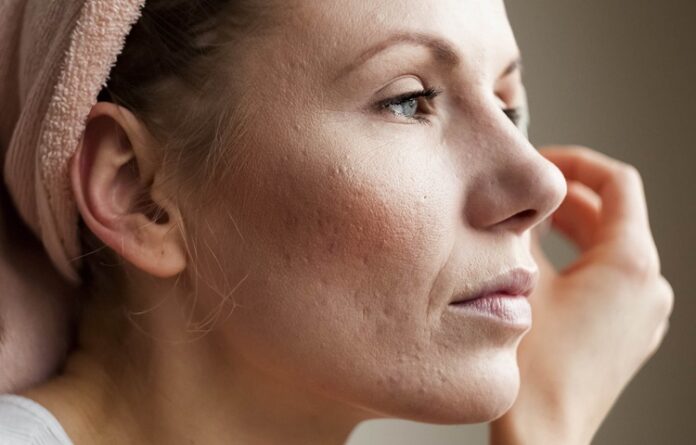Acne scars are spots left on your skin after an acne breakout. Not every acne patient develops acne scars. They affect one out of five acne patients. Sometimes acne blemishes create small shallow scars that heal quickly. In some cases, blemish contents can spill into the neighboring tissue causing deep scars. Acne scars can be frustrating, but there are various treatment options available. Acne scar treatment Coral Gables can treat the marks permanently or reduce their appearance. Learn more about the best way to get glowing skin, on this website: https://www.breakingbio.org
There are many treatment techniques for acne scars, including:
Table of Contents
Microneedling
Microneedling involves the use of tiny needles to injure the affected skin. These perforations stimulate collagen production that helps eliminate acne scars. Microneedling can be done independently or incorporated with heat, commonly known as microneedling radiofrequency. Microneedling radiofrequency helps improve texture from acne scarring and prevents further formation of acne.
Laser resurfacing
Laser resurfacing involves delivering heat to the scarred collagen under your skin. Your body will naturally heal by creating new, healthy collagen. Laser resurfacing encourages the growth of new skin, replacing the acne scars. Laser resurfacing can be ablative or non-ablative. Your specialist will use the type that suits you, depending on your skin type and the state of your acne scars.
Chemical peels
Chemical peels use unique chemical solutions to eliminate the old top layer of your skin. After the old skin peels off, the new skin that grows is smoother with fewer acne scars. If you have a mild or medium peel, you can repeat the treatment to maintain your results. You can only get a single treatment session of deep peel. Deep peels can also darken your skin.
Dermabrasion
Dermabrasion is where your dermatologist uses a rotating brush or other tools to remove the top layer of your skin. This procedure eliminates the surface acne scars and makes the deeper scars less noticeable. Dermatologists mainly use dermabrasion for severe acne scarring. After the treatment, you may have scarring and skin color changes.
Dermal fillers
Dermatologists use fillers to plump acne scars and even out your skin. They are made with collagen-based products, your body fat, or commercial fillers. Your provider injects your filler under your skin to help plump up and smooth out scars. Most fillers last between six to eighteen months, but others are permanent. You can get several treatment sessions for excellent outcomes.
Surgery
Excision and subcision are the primary surgical procedures for acne. Excision involves your dermatologist cutting your skin, removing the acne scar, and closing the wound with stitches. Fibrous bands can pull down scar tissue deep into your skin. Subcision uses a needle to break apart these fibrous tissues. The skin will be released back to the surface, leaving it smoother.
Injections
If you have hypertrophic or keloid scars, corticosteroid injections can help soften and flatten raised acne scars. The treatment involves a series of injections. You will need more injections every few weeks as your dermatologist monitors your results.
Although some acne scars are permanent, treatment procedures help lessen their appearance. You can reduce the risk of developing acne scars by avoiding squeezing or picking acne breakouts. Schedule an appointment at Martha Viera Dermatology for acne scar treatment to reduce their appearance.















